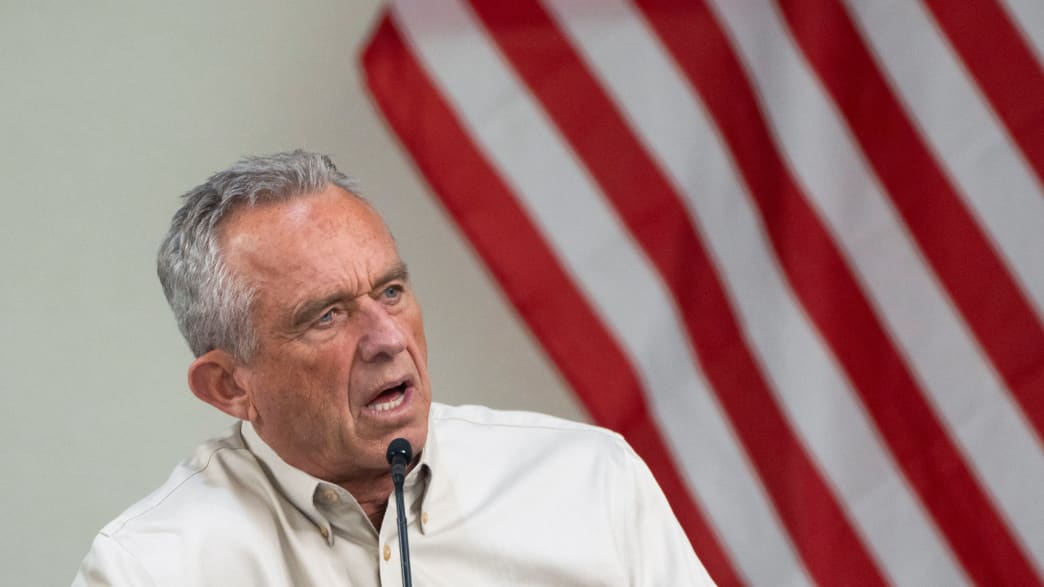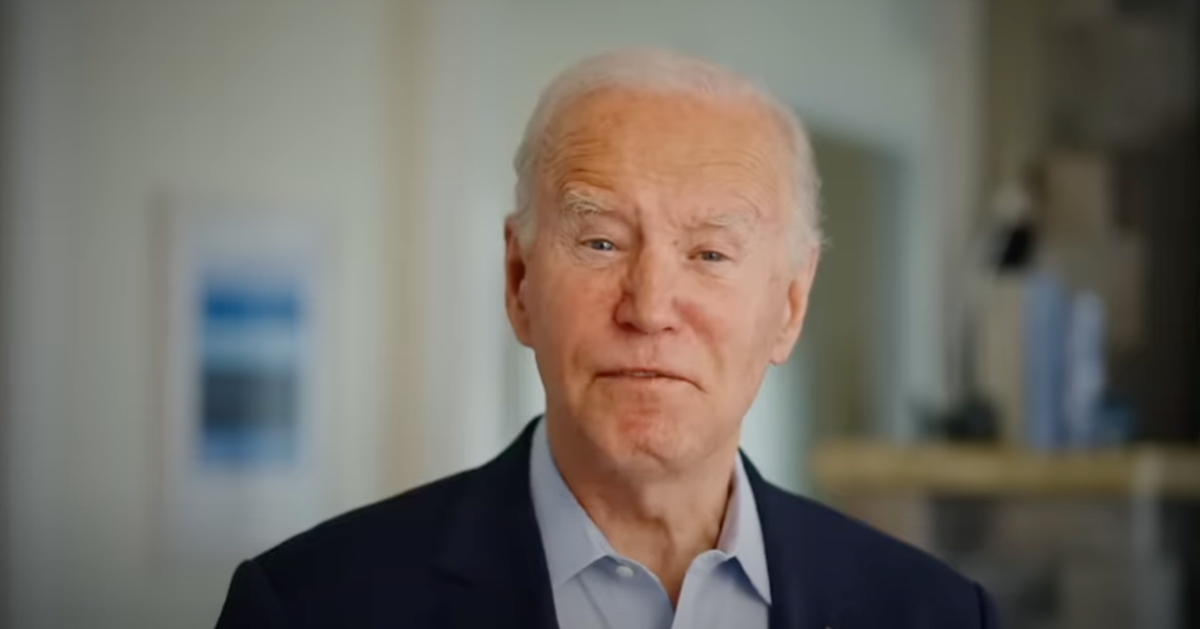Biden Allocates $150 Million To Cancer Research At Universities
Revitalizing the Cancer Moonshot Program
President Biden, accompanied by First Lady Jill Biden, spoke to an audience at Tulane University about the revamped "Cancer Moonshot" program. The initiative originally launched in 2016 during the Obama administration with Biden as vice president.
In his address, Biden emphasized the importance of collaboration in the scientific community, stating, "It's all about working together and sharing data, sharing information." This focus on dismantling research "silos" is crucial for the program's success.
The White House announced the allocation of $150 million to the Advanced Research Projects Agency for Health (ARPA-H), underscoring the administration's commitment to cancer research.
Funding for Advanced Surgical Technologies
The newly allocated funds aim to support the development of innovative technologies that assist surgeons in more accurately removing cancerous tumors. This could revolutionize the surgical process, offering a clear view of cancerous cells and minimizing the need for follow-up treatments.
Biden explained the significance of these advancements, "Right now, surgeons determine how to move cancerous cells and protect vital organs without a clear view of them. A lot of it is educated guesswork."
He added, "The funding we announce today will help get these tools into the operating room to visualize tumors right away instead of having to wait for weeks."
Broad Distribution of Funds Across Universities
The $150 million will be distributed across eight colleges and universities in the United States, including well-known institutions such as Tulane University, Dartmouth College, and Johns Hopkins University.
In addition, other recipients include Rice University, the University of California – San Francisco, the University of Illinois Urbana-Champaign, the University of Washington, and Cision Vision in Mountain View, California. This widespread allocation ensures a diversified approach to tackling cancer.
Consequently, this strategic funding distribution aims to encourage wide-ranging research efforts and foster innovation in multiple regions across the country.
Biden's Personal Commitment to Cancer Research
The renewed focus on the Cancer Moonshot program comes with a deeply personal connection for President Biden. Specifically, motivated by the loss of his son Beau, who died from glioblastoma in 2015, Biden has made cancer research a priority during his time in office.
Reflecting on his personal experience, Biden expressed the tremendous impact cancer research has on families across the nation. Consequently, this dedication drives the administration's vigorous efforts to combat cancer.
Moreover, the program's ambitious goal of reducing the U.S. cancer death rate by half by 2047 underscores the sense of urgency and commitment behind these initiatives.
Cancer's Significant Impact on the U.S. Population
Cancer remains the second-leading cause of death in the U.S., with an estimated 2 million new cases and over 610,000 fatalities expected in 2024. Consequently, these numbers reflect the critical need for advancements in cancer research and treatment methodologies.
Furthermore, the Biden administration's focused approach aims not just to extend life expectancy but also to significantly improve the quality of life for cancer patients and their families.
Additionally, the initiative had initially proposed a nationwide ban on menthol cigarettes to combat cancer risk factors. However, this proposal was reversed earlier in the year following substantial resistance.
Conclusion
President Joe Biden's announcement of a $150 million investment in cancer research marks a significant step forward in the fight against cancer. Specifically, the substantial funding, distributed across major universities, aims to enhance technological advancements in cancer surgery and collaborate more effectively within the research community.
Moreover, driven by a personal commitment rooted in his son's battle with cancer, Biden's revitalized Cancer Moonshot program holds considerable promise for reducing the U.S. cancer death rate and improving patient outcomes nationwide.






